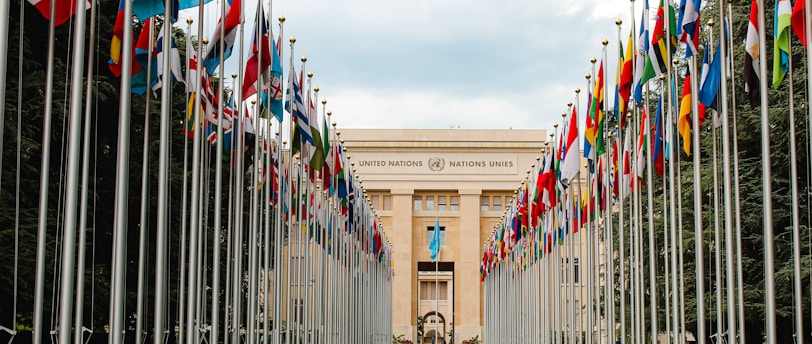The Impact of Recent Executive Orders on Women’s Sports: A Critical Review


Introduction
In a landscape increasingly defined by debates over gender identity and equality, the recent executive order by the United States President restricting transgender athletes from competing in women’s sports has sparked widespread discussion and controversy. This initiative has drawn both support and opposition from various organizations and experts, signifying the complex nature of the issue at hand.
Reem Alsalem's Perspective
Reem Alsalem, the United Nations’ special rapporteur on violence against women and girls, has publicly endorsed the executive order, highlighting its implications for creating a fairer competitive environment in women’s sports. Her support for the order places her in stark contrast with Amnesty International, which advocates for the rights of transgender individuals and opposes measures perceived as discriminatory. Alsalem’s assertion raises significant questions regarding the intersection of gender rights and the principles of fairness in athletic competition.
Amnesty International's Opposition
Amnesty International’s firm opposition to the executive order underscores a critical viewpoint prevailing among human rights advocates. The organization argues that such restrictions infringe on the rights of transgender athletes, effectively marginalizing a group that already faces considerable societal challenges. In their view, the ban not only undermines the inclusive spirit of sports but could also contribute to the broader discrimination faced by transgender individuals. This divide presents a significant dilemma: how can we balance fairness in women's sports while ensuring the rights of all athletes are respected?
Conclusion
The dynamics surrounding the executive order demonstrate the deep-seated complexities and sensitivities involved in discussions regarding gender and sports. Alsalem's endorsement and Amnesty International's opposition reflect the broader societal struggle to delineate boundaries that respect both women’s rights to fair competition and the rights of transgender individuals to participate freely in athletic endeavors. As this discourse continues to evolve, it is crucial for stakeholders at all levels to engage thoughtfully, recognizing the multifaceted implications of these policies on the sporting world and beyond.
